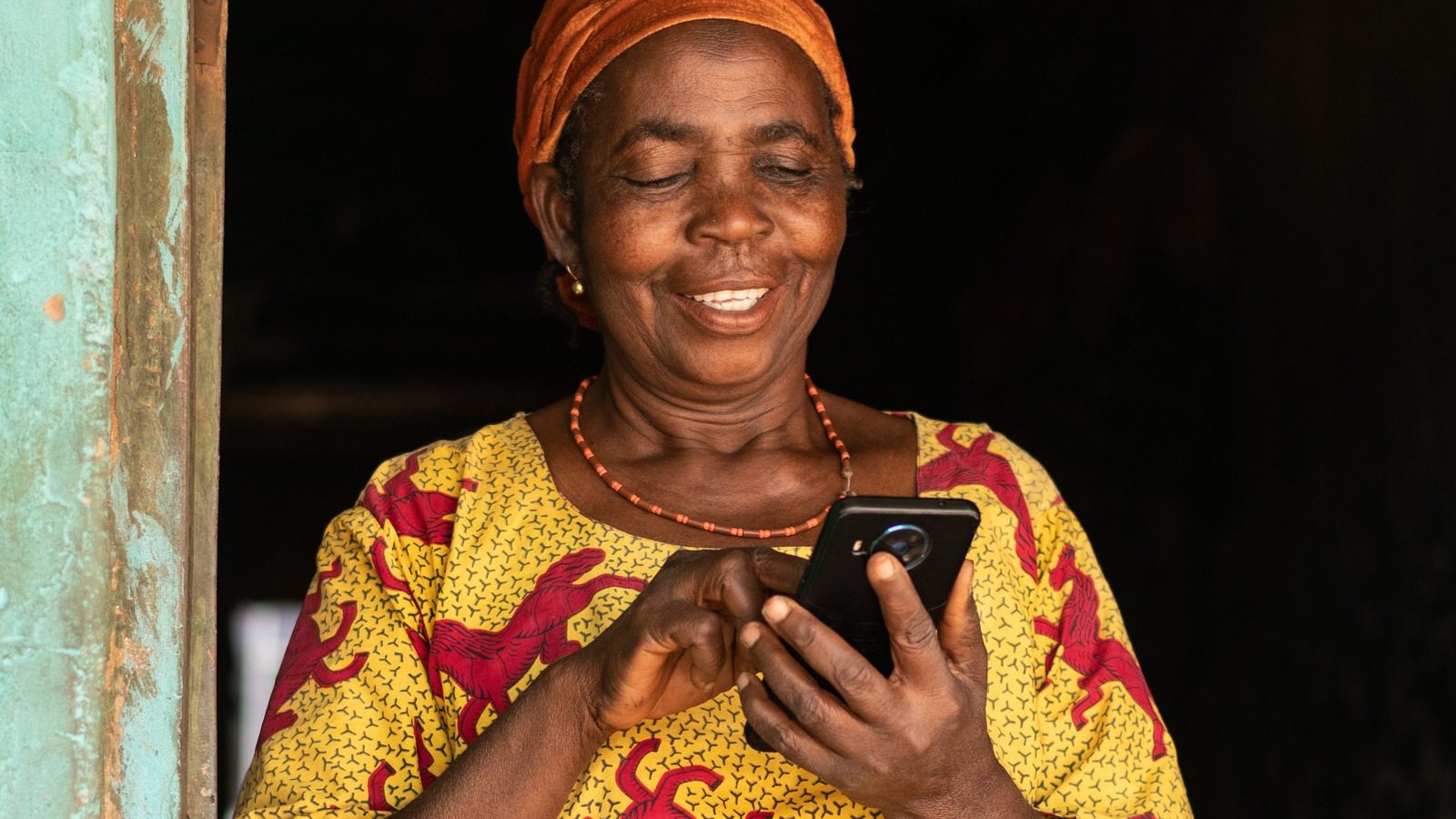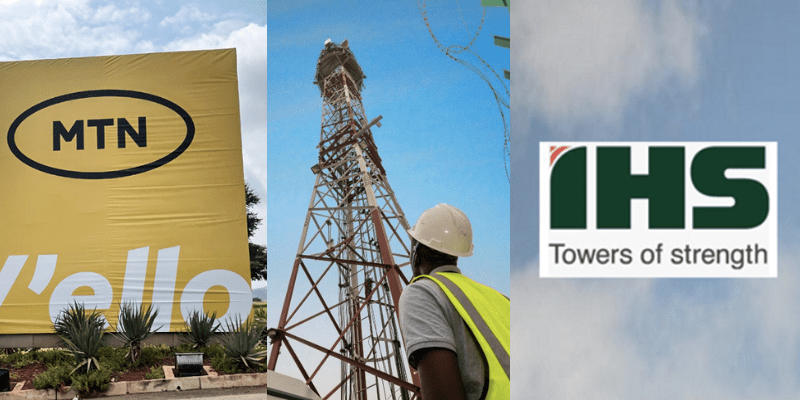Nigeria’s telecommunications industry is undergoing a transformative phase unlike any seen in recent decades. The newly published Policy Impact Report 2025 highlights how regulatory measures by the Nigerian Communications Commission (NCC) are shaping a robust digital landscape for the nation’s future.
Historically, conversations around Nigeria’s telecom growth have focused primarily on subscriber numbers and pricing strategies. Yet, this report reveals a deeper evolution. The emphasis has shifted from mere expansion to building durable networks, establishing sound governance, and implementing consumer protections that can endure disruptions while serving the country’s rapidly growing digital population.
Central to the NCC’s strategy is the principle of resilience. A key initiative is the 2023 Disaster Recovery Checklist, which mandates telecom operators to develop comprehensive contingency plans addressing threats such as vandalism, service interruptions, and cyberattacks.
This directive is grounded in reality. Research by Communique shows that Nigerian telecom companies invested over $23 million in 2023 alone to repair fibre optic damages. By mid-2025, incidents of vandalism had surged past 35,000, underscoring the critical need for protective measures.
In response, the government officially designated telecommunications infrastructure as Critical National Information Infrastructure (CNII), criminalizing acts of vandalism with stringent penalties. This move also initiated a nationwide asset mapping and public awareness campaign in partnership with the National Security Adviser’s Office.

The implication is unmistakable: telecom infrastructure transcends commercial interests and is now a pillar of national security.
Ensuring Financial Stability via Tariff Adjustments
In a landmark decision in January 2025, the NCC authorized the first tariff increase in over ten years. Although operators had requested a doubling of prices, the commission approved a 50% rise, a compromise that still marked a significant shift.
For major players like MTN Nigeria and Airtel Africa, this adjustment has been a game-changer. MTN reported a 40.5% increase in service revenue during Q1 2025, reaching N1.1 trillion, alongside a 134% jump in profits. Airtel also experienced substantial double-digit growth.
The NCC described this move as a restoration of “cost-reflective pricing,” aligning service charges with the realities of operating in an inflationary environment.
However, the consumer experience tells a different story. Data consumption dropped from 1,000 petabytes in January to 983 petabytes by April, and approximately one million users disconnected from the internet in the first half of the year.
While Nigerians are paying more, their usage is declining. Advocacy groups such as NATCOMS caution that customers will only accept higher fees if service quality improves, setting the stage for the next critical focus of the NCC’s resilience framework.
Elevating Service Quality as a Core Standard
The 2024 Quality of Service Regulations represent some of the most stringent standards ever imposed on Nigeria’s telecom sector. Operators are now required to maintain a 90% call completion rate, minimize dropped calls, and resolve 90% of customer complaints within 24 hours.
Non-compliance results in fines starting at N5 million, increasing by N500,000 for each day of continued violation. Monthly quality reports submitted by operators are independently verified through drive tests conducted by the NCC.

To enhance transparency, the Tariff Simplification Guidelines restrict operators to offering no more than 100 data bundles and seven base plans, preventing consumers from being overwhelmed by complex pricing schemes.
Additionally, the 2024 Consumer Code of Practice obliges providers to inform subscribers about service outages, safeguard personal data, and compensate users for disruptions lasting longer than 24 hours.
The NCC’s ambitions are clear and bold.
Nonetheless, the report acknowledges enforcement challenges. Outage reporting platforms remain underused, repairs in rural regions are sluggish, and while regulations exist, their effectiveness hinges on rigorous implementation.
Beyond infrastructure and pricing, governance reforms are also underway. The 2025 Corporate Governance Code enforces a clearer division of responsibilities between CEOs and board chairs, mandates the appointment of compliance officers, and strengthens internal oversight mechanisms.
These measures aim to foster trust. Currently, Nigeria’s telecom sector contributes over 16% to the national GDP, with aspirations to reach 22% by 2027. Realizing this goal demands not only expansion but also stability and integrity.
Investors seek assurance that Nigeria’s leading telecom companies operate with accountability. These governance reforms signal a commitment to sustainable development rather than short-term growth.
The 2024 Type Approval Regulations add another layer of protection by requiring all telecom equipment to meet rigorous safety and cybersecurity standards. A provisional approval process allows new devices to undergo field testing for up to 180 days.

By mid-2025, these regulations had attracted over $1 billion in investments for equipment upgrades. While local innovation is encouraged, it must align with the imperative to protect networks from inferior or insecure hardware.
The Device Management System further enhances security by monitoring and blocking uncertified devices from accessing Nigerian networks, safeguarding consumers and ensuring a secure ecosystem expansion.
Vandalism Remains the Most Pressing Challenge
Despite these strides, the report highlights ongoing obstacles. Fibre optic disruptions are frequent, power outages hinder timely network restoration, and rural communities continue to experience limited coverage and subpar service quality.
Smaller operators face difficulties meeting compliance costs, raising concerns about a divided market where dominant firms consolidate power while others exit.
These realities test the NCC’s resilience framework, illustrating the gap between policy and practice. They also pinpoint critical areas for intervention: boosting local hardware manufacturing, expanding rural connectivity, enhancing enforcement, and improving coordination among agencies.

With over 169 million active subscribers and growing demand for data services, Nigeria’s digital economy heavily depends on a resilient telecom sector. The NCC’s forward-looking policies balance investor interests with consumer protection, promote innovation through improved governance, and criminalize vandalism while mandating disaster preparedness.
However, the ultimate measure of success lies in execution. Crafting regulations is only the first step; true resilience emerges from consistent enforcement, safeguarding infrastructure, and ensuring that users experience tangible benefits daily.
The Policy Impact Report 2025 makes one thing unmistakably clear: Nigeria is no longer chasing digital expansion alone.
It is building a telecommunications ecosystem designed to endure. If the country matches its regulatory ambition with effective implementation, it stands poised to become not only Africa’s largest telecom market but also one of the continent’s most resilient digital economies.


















0 Comments